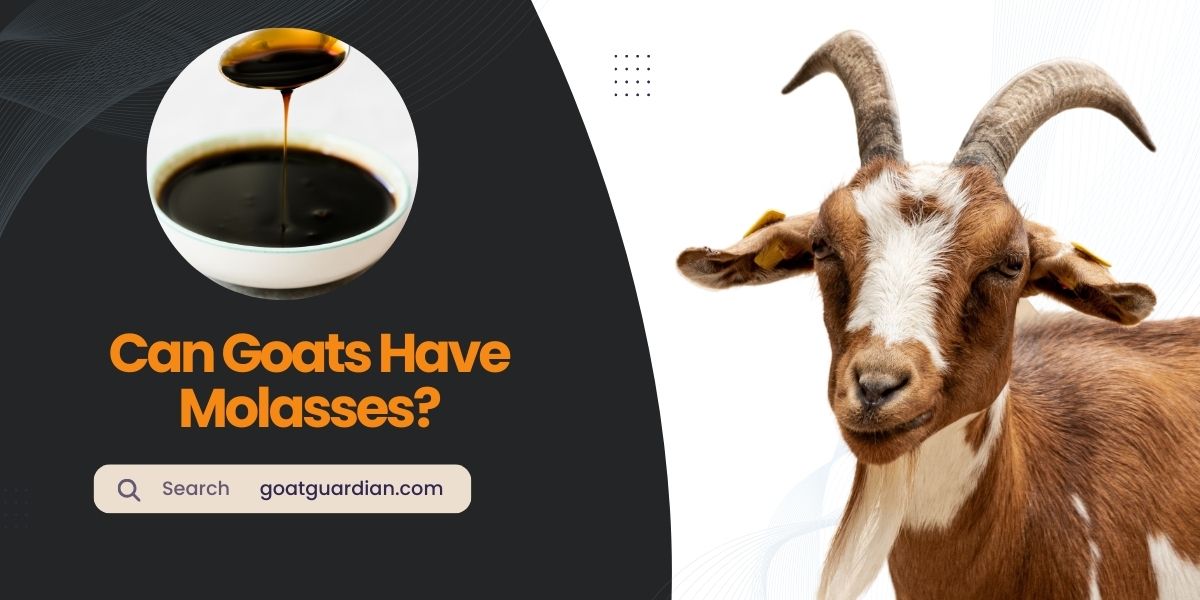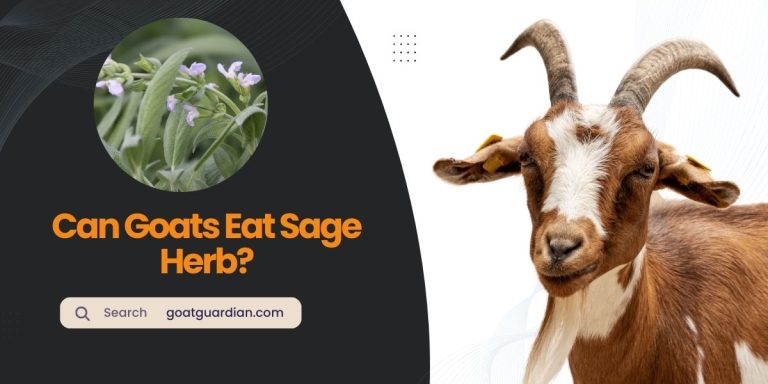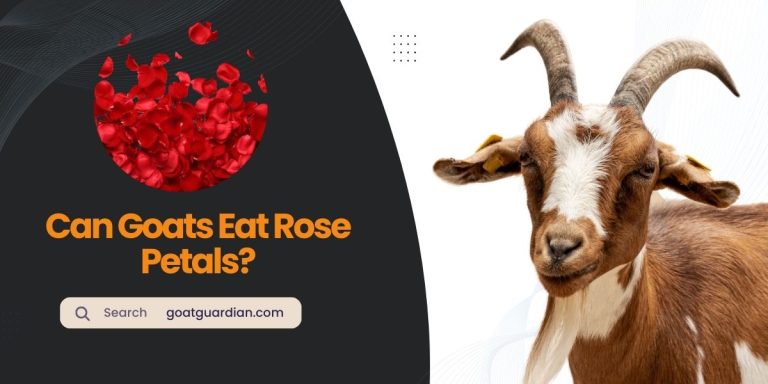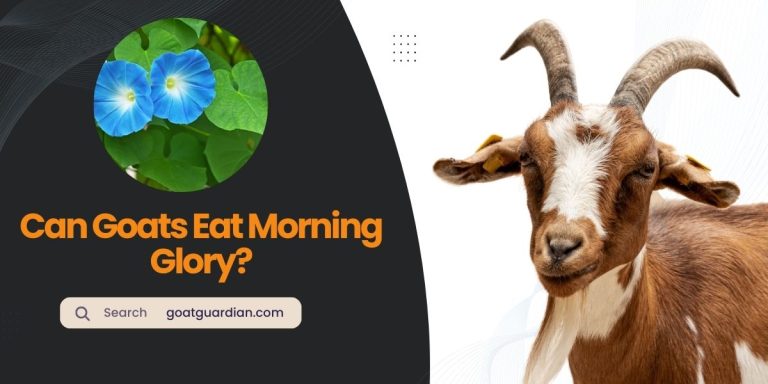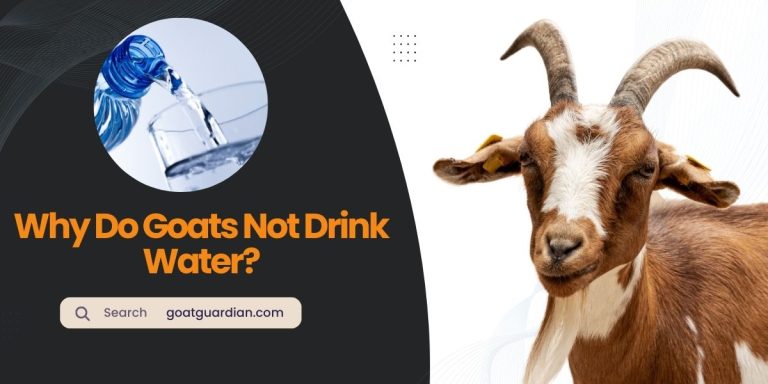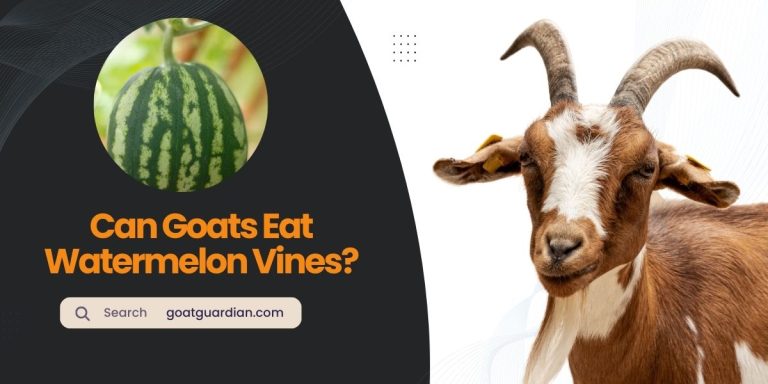Can Goats Have Molasses? (Benefits & Risks)
Yes, goats can have molasses as it is safe and healthy for them to eat. Molasses is often used as a complementary feed for livestock animals, including goats, due to its nutrient content.
It is rich in potassium, magnesium, calcium, iron, and sugars. However, caution should be taken to avoid excessive feeding of molasses, as it can affect the calcium to phosphorus ratio and reduce calcium absorption.
It is recommended to use molasses in moderation as a treat or supplement in a balanced diet for goats.
Potential Benefits Of Molasses For Goats
TThere are potential benefits of molasses for goats and it can serve as a source of nutrients. Molasses contains essential minerals such as potassium, magnesium, calcium, and iron, which are important for the overall health of goats. These minerals play a vital role in various bodily functions, including muscle function and bone development.
Molasses can also improve digestion and metabolism in goats. It acts as a natural laxative, promoting healthy bowel movements and preventing constipation. Additionally, molasses can enhance the absorption of nutrients in the digestive system and improve the overall efficiency of the goat’s metabolism.
It’s important to note that while molasses can offer numerous health benefits, it should be given to goats in moderation. Excessive consumption of molasses can upset the calcium to phosphorus ratio and have negative effects on the goat’s health. It’s always best to consult with a veterinarian or nutritionist to determine the appropriate amount of molasses to include in a goat’s diet.
Risks And Concerns Of Feeding Molasses To Goats
| Impact on calcium-phosphorus ratio: Molasses is a rich source of potassium, which, if fed in excess, could reduce the absorption of calcium, thus upsetting the calcium-phosphorus ratio in goats’ diet. It is important to ensure that the overall nutritional balance is maintained to prevent any potential health issues. |
| Effects on rumen fermentation: Feeding molasses to goats can have an impact on rumen fermentation. While molasses can provide sugars and help supplements stick to the feed, it is essential to monitor it to avoid any disruption in the natural fermentation process. |
| Potential for weight gain and obesity: Molasses is high in sugars and can contribute to weight gain and obesity in goats if overfed. It is crucial to regulate the amount of molasses given to goats to maintain a healthy weight. |
Guidelines For Feeding Molasses To Goats
| While there are some valid concerns that must be addressed concerning the use of molasses in a goat’s diet, overall, commercial mineral and protein mixes for goats usually include a small amount of molasses. The recommended dosage of molasses for goats is about 1-2 tablespoons per day. There are several ways to incorporate molasses into a goat’s diet, such as adding it to their feed or mixing it in their water. However, it is important to closely monitor the effects of molasses on goats’ health, as feeding them too much molasses can upset the calcium to phosphorus ratio and reduce the absorption of calcium. Additionally, some goat owners have reported that their goats can be picky and may not like the taste of molasses. Therefore, it is best to introduce molasses gradually and assess how the goats respond to it. Overall, when used in moderation and with diligent observation, molasses can be safely included in a goat’s diet to provide additional nutrients and enhance their feed. |
Frequently Asked Questions On Can Goats Have Molasses
Is Blackstrap Molasses Good For Goats?
Yes, blackstrap molasses is good for goats. It provides essential nutrients like potassium, magnesium, calcium, and iron. Goats can eat molasses alone, in raw format or sprayed on foods like hay and vegetables. It is safe and healthy for them.
Is Too Much Molasses Bad For Goats?
Yes, too much molasses can be bad for goats. Molasses is high in potassium, which can reduce calcium absorption, affecting the calcium-phosphorus ratio. It’s important to carefully monitor the amount of molasses in a goat’s diet to maintain a healthy balance.
Can Goats Eat Oats With Molasses?
Yes, goats can eat oats with molasses. It makes a tasty treat for various farmyard animals and provides necessary starches. The sweet sugary taste of molasses enhances the flavor. Some feed blends use molasses to help supplements stick to the feed.
Why Do Goats Like Molasses?
Goats like molasses because it adds iron and sugars, helps supplements stick to their feed, and makes their food more appealing. They prefer a mix of whole oats and pellets coated in molasses. It is safe and healthy for goats to eat molasses.
Conclusion
Molasses can be a beneficial addition to a goat’s diet. While there are some valid concerns to address, such as the potential for an imbalance in the calcium to phosphorus ratio, overall, molasses provide essential nutrients like potassium, magnesium, calcium, and iron.
Goats can safely consume molasses in various forms, including as a raw food, in tubs, or sprayed on hay and vegetables. However, moderation is key to avoid any negative effects. Consider consulting with a veterinarian to determine the appropriate amount of molasses for your goats’ specific needs.
